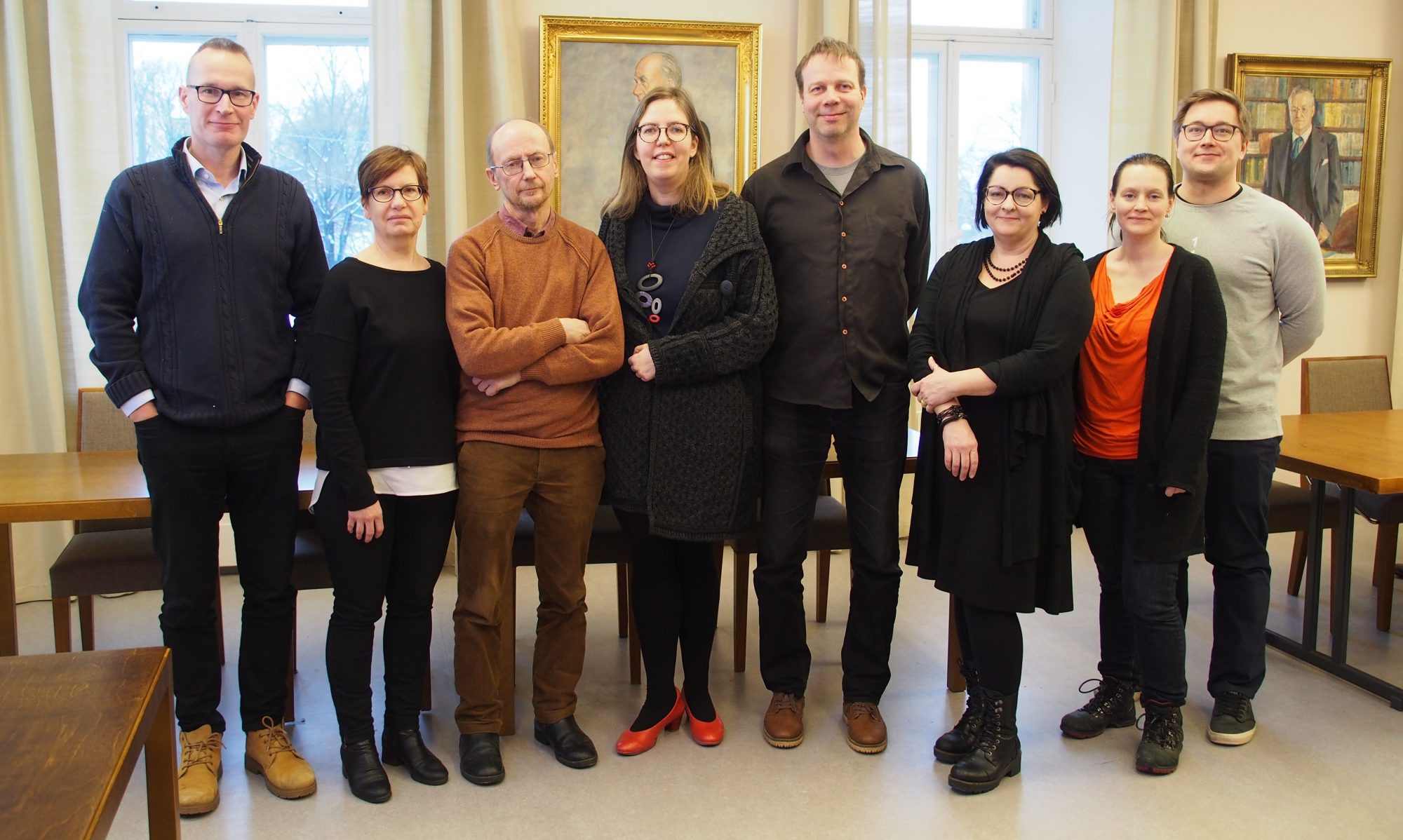Radical Right-Wing Populist Parties in Western Europe. Into the Mainstream?
Tjitske Akkerman Researcher and an assistant professor. Department of Political Science at the University of Amsterdam
Radical right-wing populist parties not only have grown electorally in Western Europe during the past decades, they are also increasingly accepted as coalition partners in national governments. Inclusion into electoral competition and into government is generally regarded as an incentive for parties to become more mainstream. Defining mainstreaming as a multidimensional concept, I will provide a descriptive analysis of the extent to which these parties have mainstreamed by using quantitative comparative analyses and case-studies. My conclusions will highlight the extent to which the inclusion thesis can be regarded as an incentive for radical right-wing populist parties to mainstream.
Keywords: populist parties, mainstream, radical right-wing, case-studies
Regionalism, Nationalism and “Chameleonic” Populism: The Case of the Italian Lega Nord
Dr Daniele Albertazzi Senior Lecturer in European Politics and Postgraduate Research Director.
Department of Political Science and International Studies, University of Birmingham, UK.
The ideology of the Italian party Lega Nord (LN – Northern League) has rapidly changed since Matteo Salvini became its leader in December 2013. Having put aside its regionalist claims, the party has focused on immigration/law and order, collaborated at various levels with nationalist parties/organisations, and claimed that it wishes to represent all Italians, not just those living in the north of the country. This talk aims to start from this specific case study to spark a more general discussion about populism’s flexibility and adaptability.
To show the extent of the change impressed by Salvini on the LN, I will consider the findings of a content analysis of his tweets and Facebook posts, as well as the LN’s social media presence. I will argue that, under Salvini’s personalistic style of leadership: a) regionalism has been replaced by ‘empty nationalism’ in the LN discourse — as the party now avoids spelling out how the considerable economic and social differences between northern and southern Italian regions should be bridged; b) populism remains central to the party’s strategic communication, however the EU as taken Rome’s place as the people’s ‘enemy’.
Keywords: populism, regionalism, nationalism, Lega Nord.
Populism — a big hit in European political communication research
Frank Esser Professor of International & Comparative Media Research at the University of Zurich and a Professor II at the University of Oslo.
The presentation illustrates the popularity of populism as a research topic in European political communication research. While the election of President Trump is seen by many Europeans as confirmation of a transnational trend, there are also significant differences between American and European populist tendencies. The presentation first outlines four main research perspectives and then – focusing on a ‘communication-centered’ perspective – introduces two major European projects and some key findings from those. In conclusion, the presentation draws attention to two conditions under which populism can be a threat to Western democracies.
Keywords: populism, popularity, communication, Western democracies.
